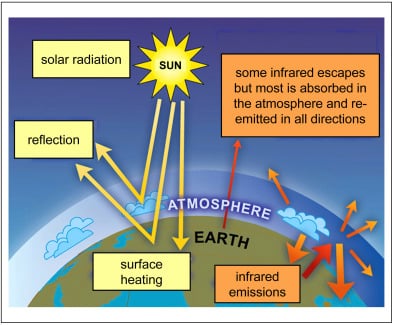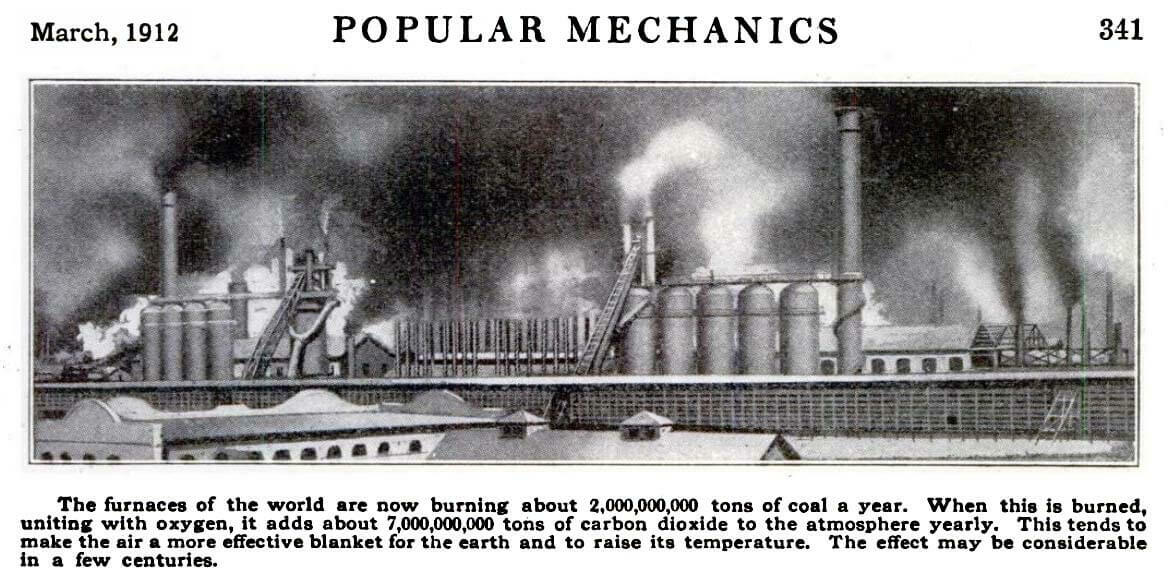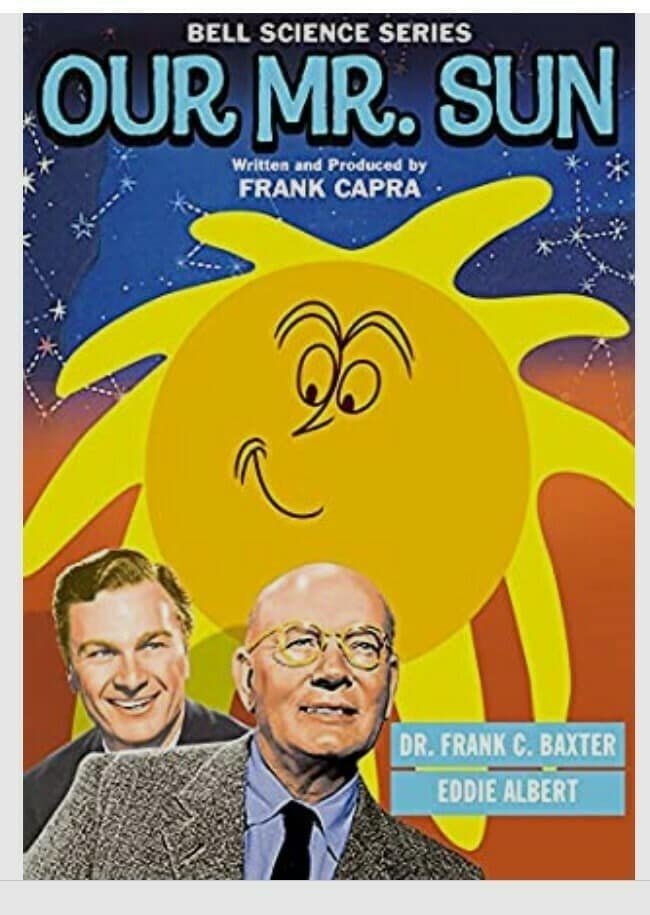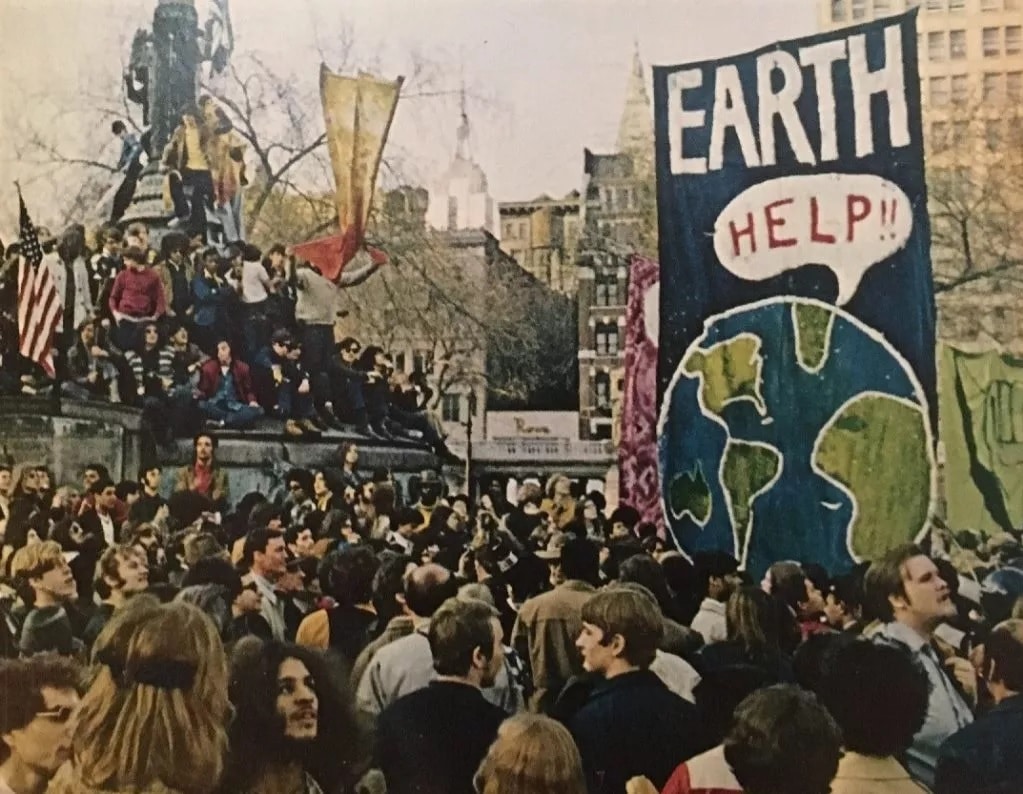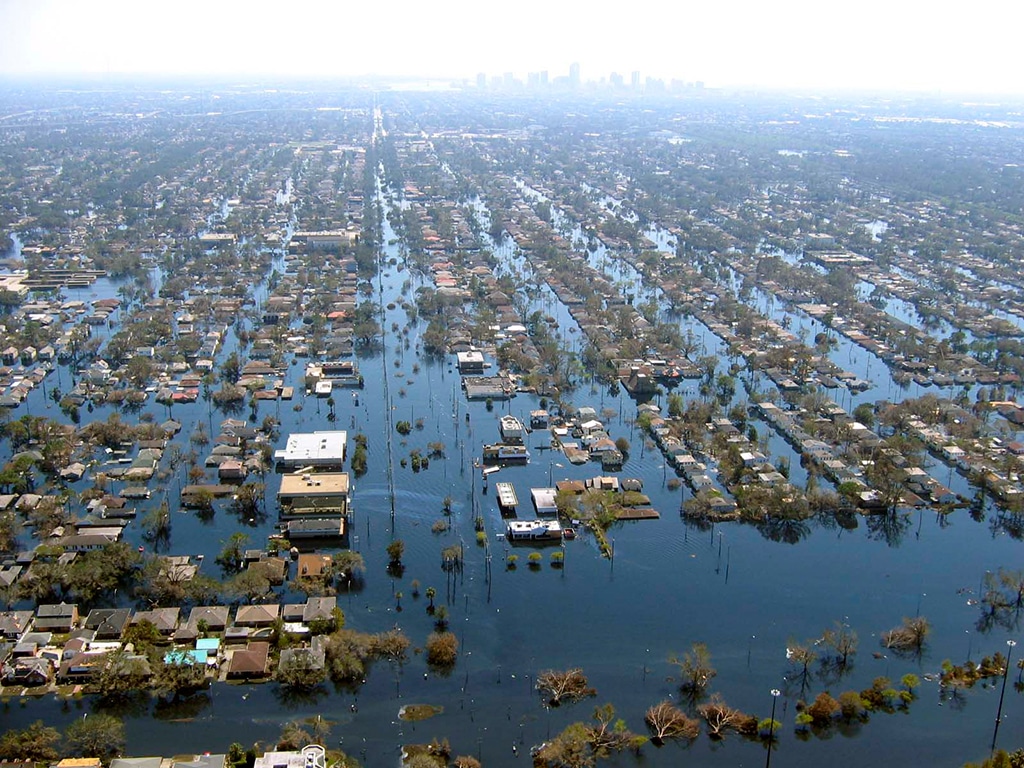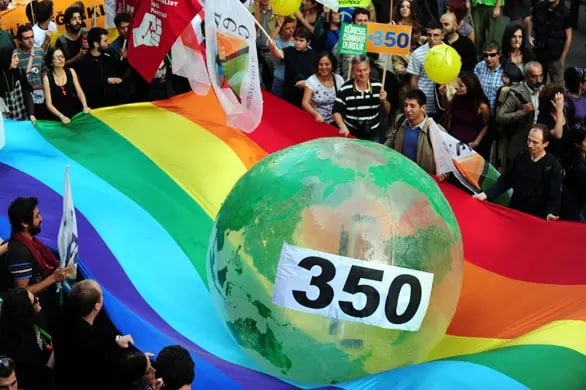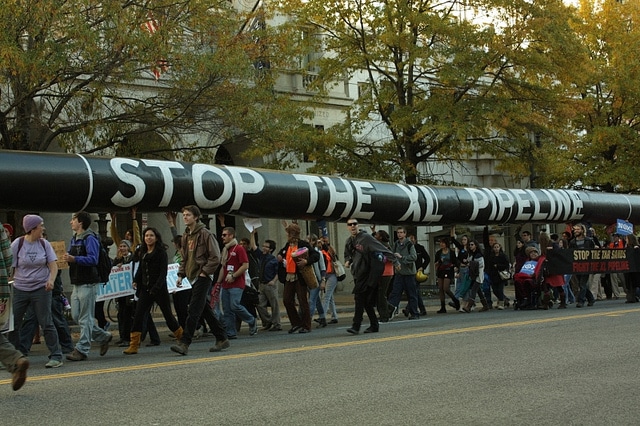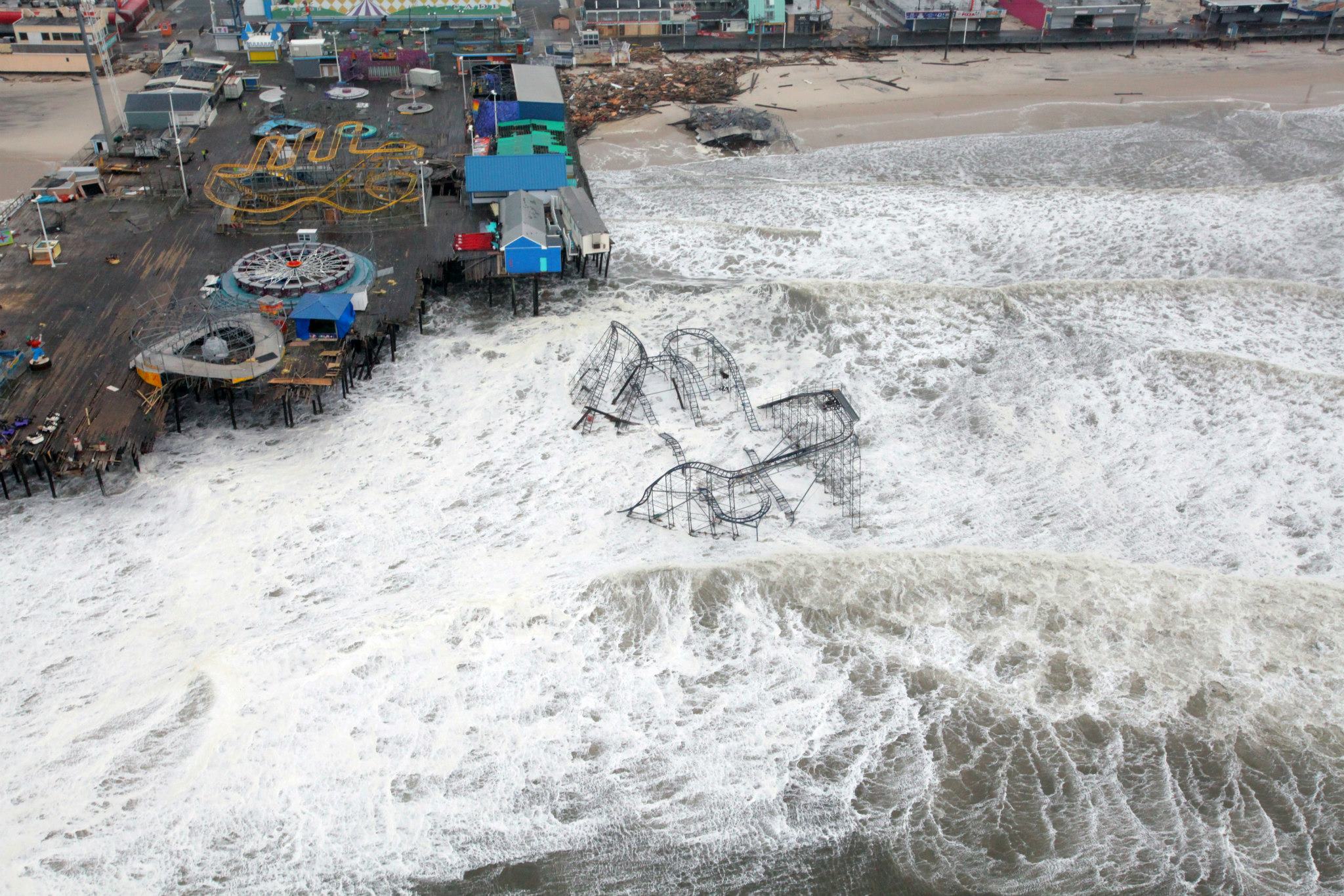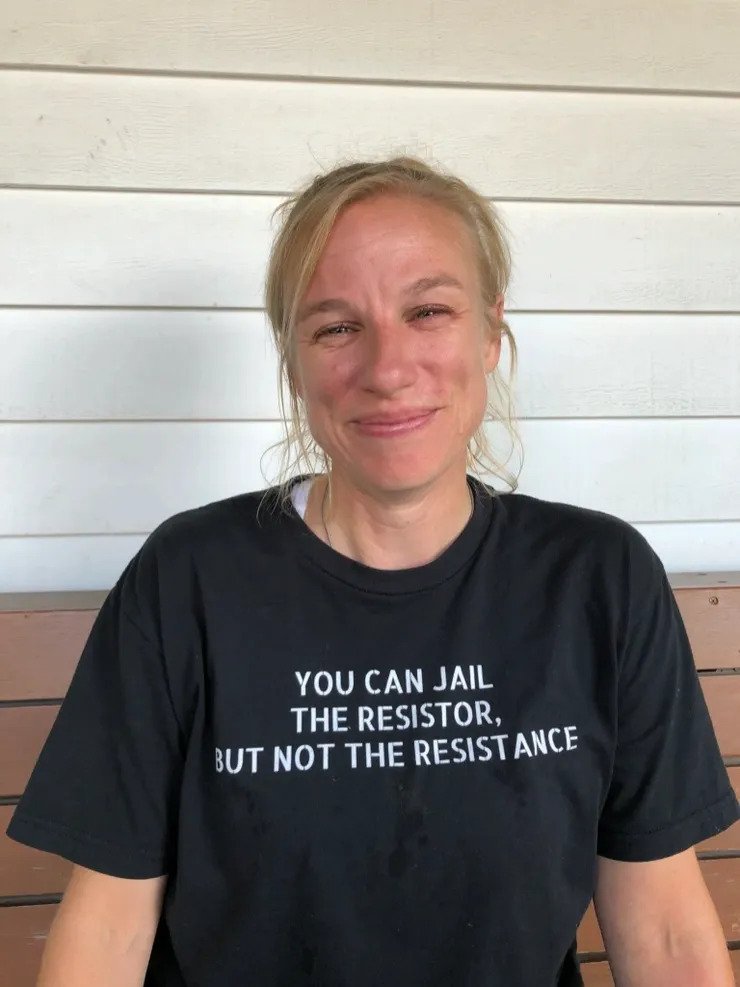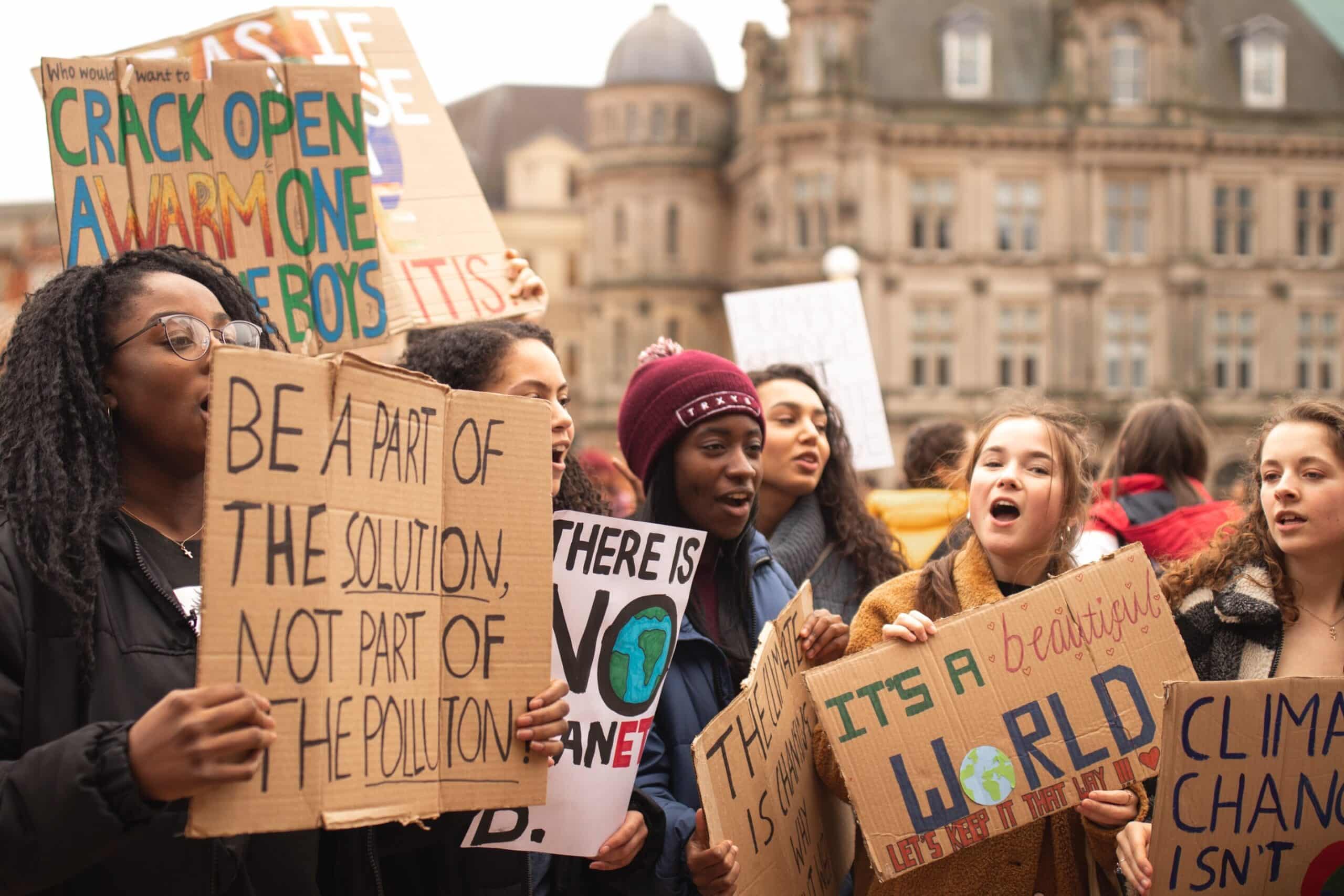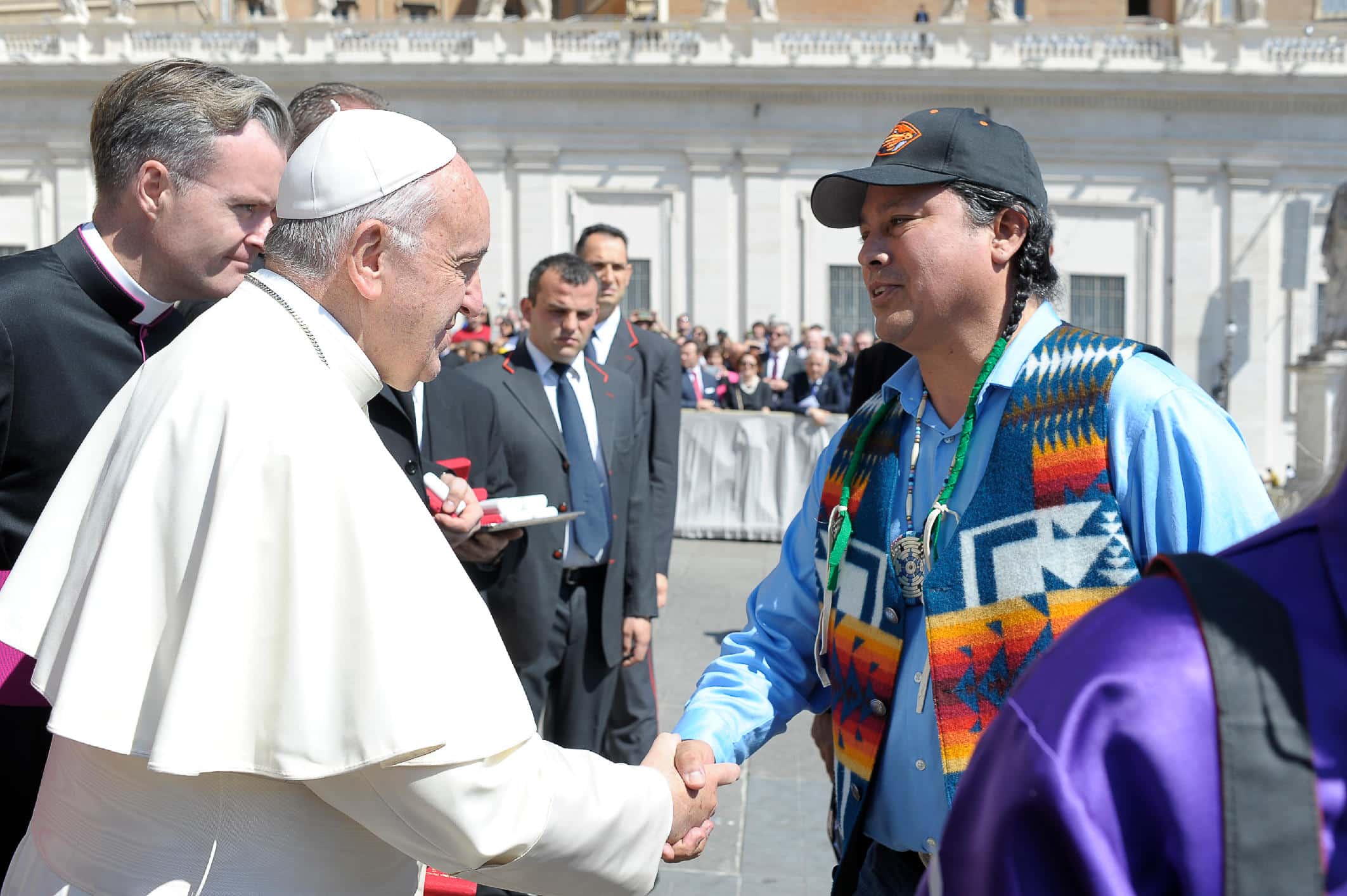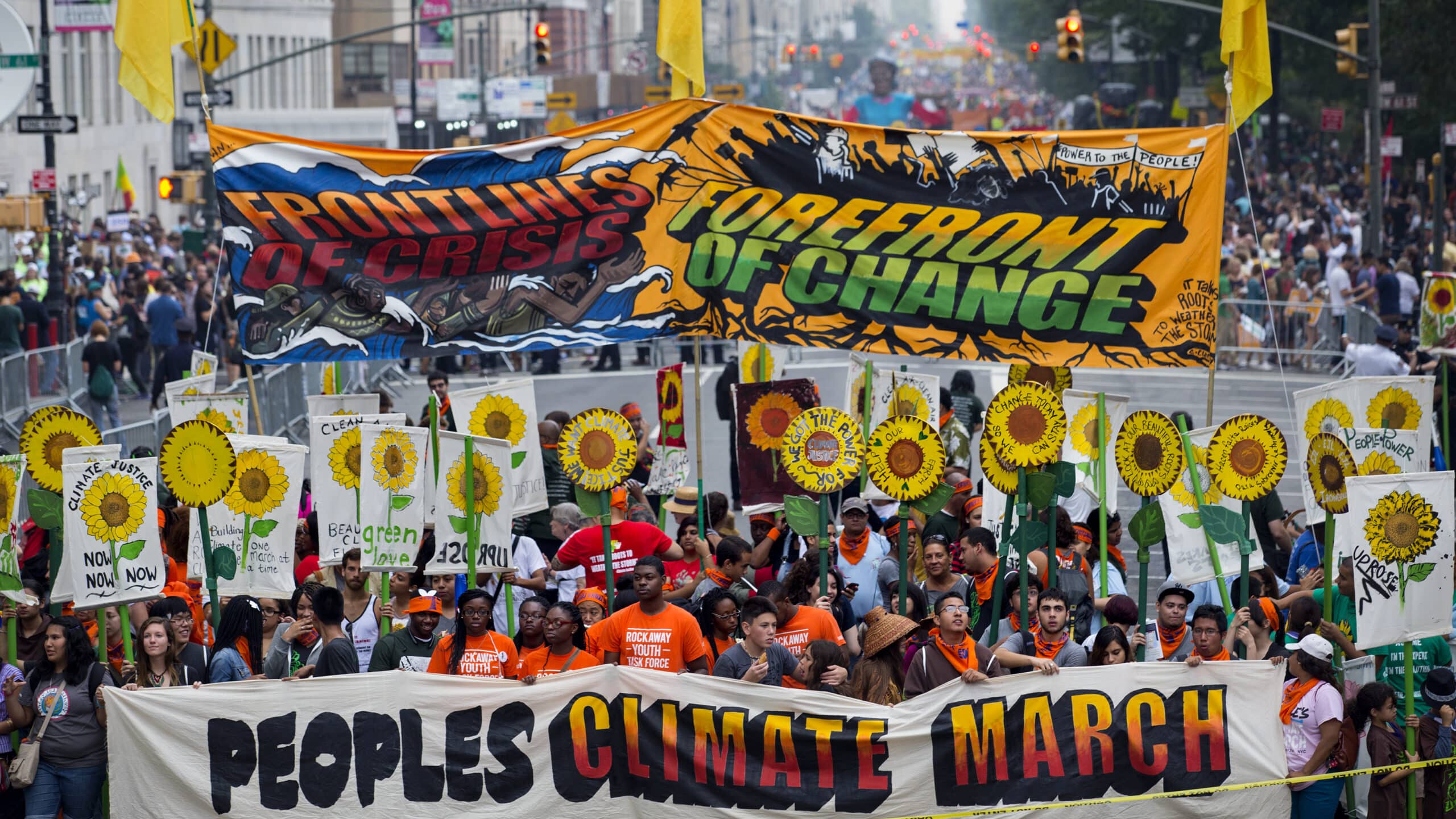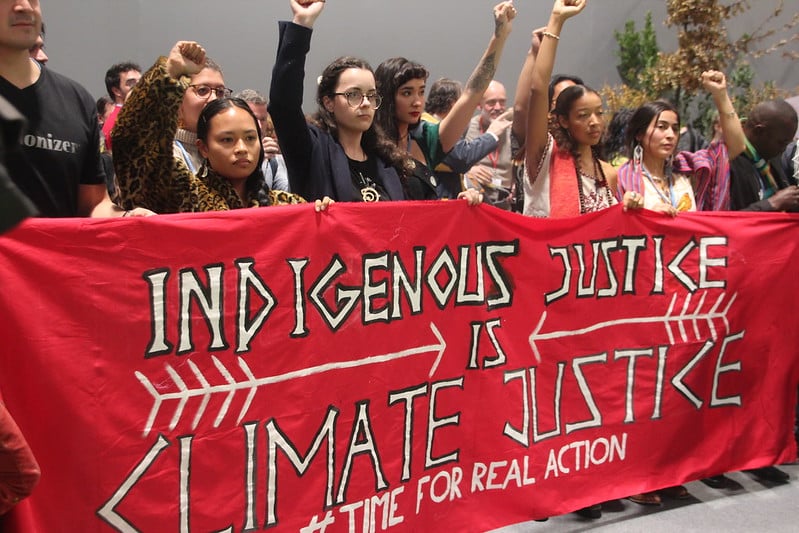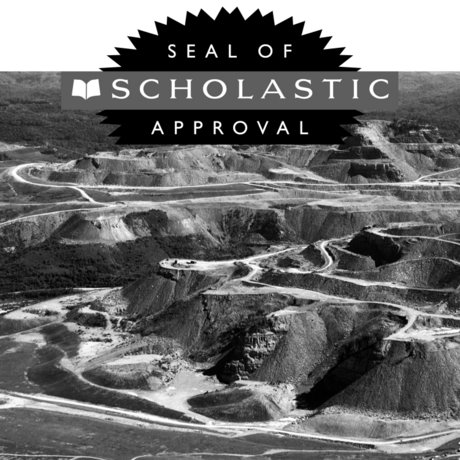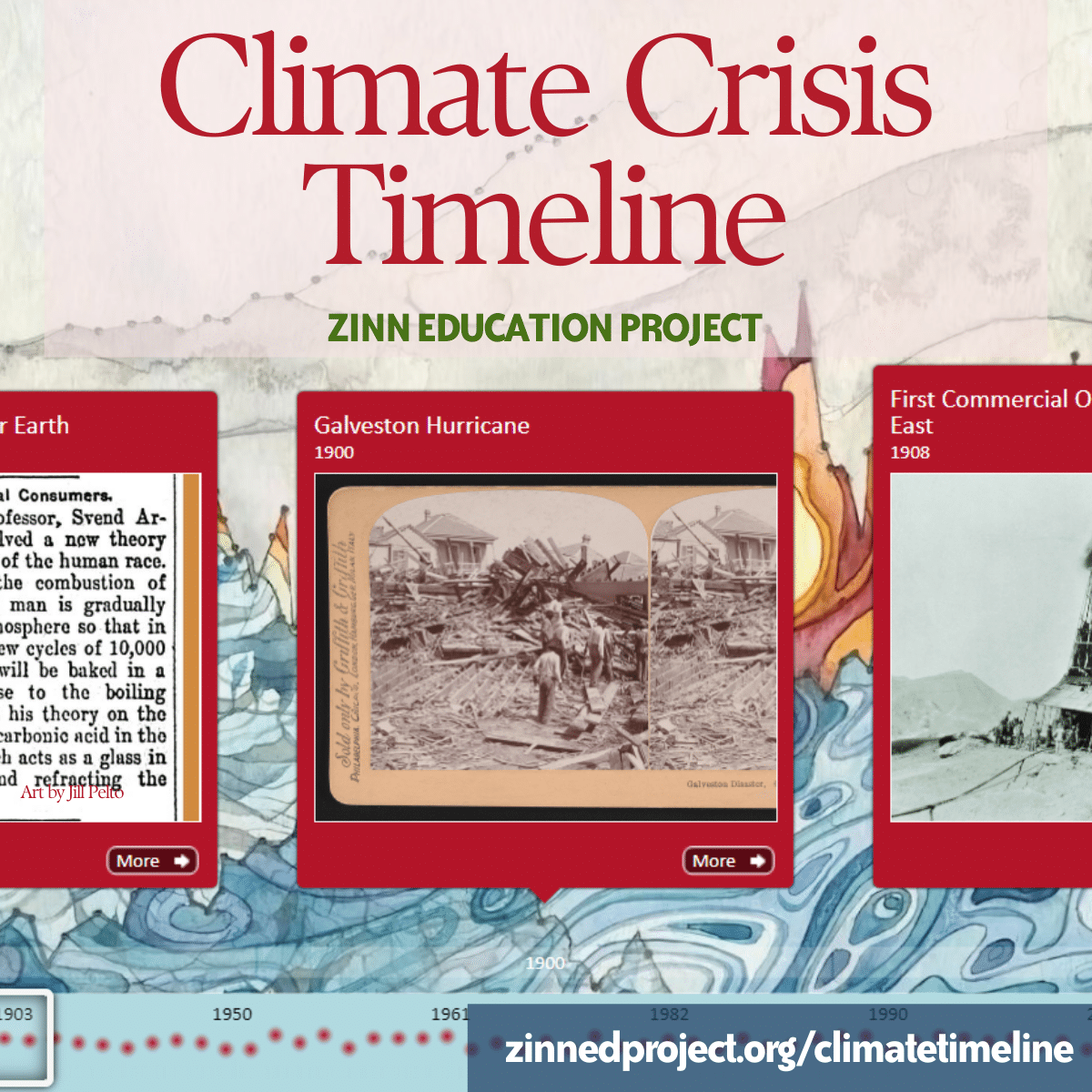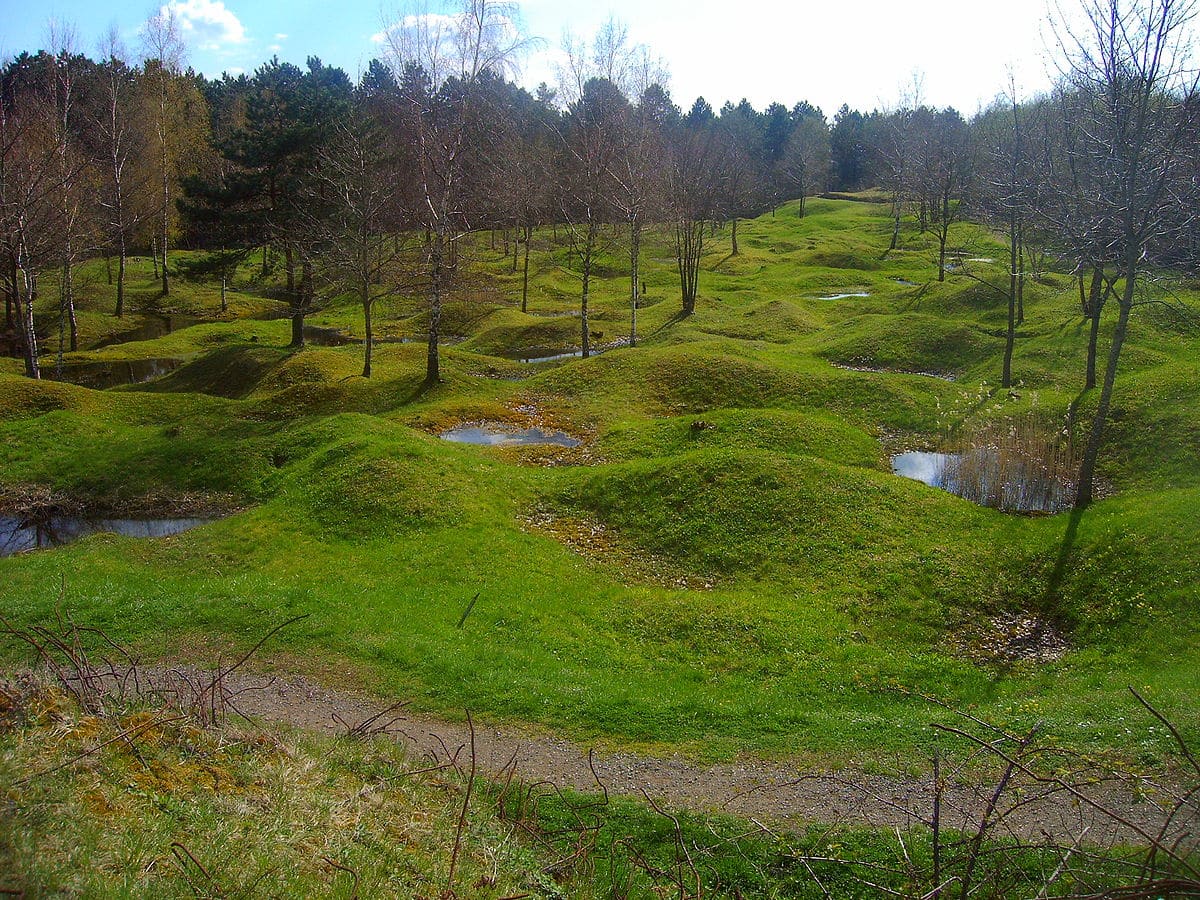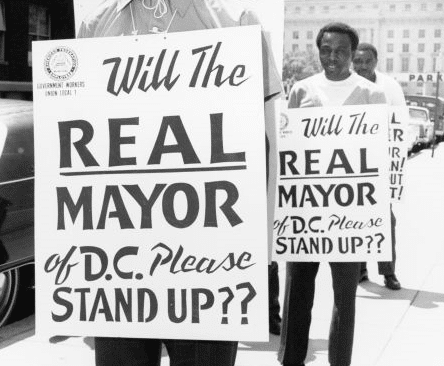Swedish chemist Svante Arrhenius calculated that burning fossil fuels (coal) will, over time, lead to a hotter Earth. His findings led the way for the emergence of modern climate science and a better understanding of the greenhouse effect.
Continue reading
Francis Molina published an article in New York’s Popular Mechanics on March 1, 1912, which was then republished in New Zealand and other papers around the globe, becoming one of the first news items to directly connect increased coal burning, increased CO2 emissions, and increasing temperatures of the earth.
Continue reading
The popular, educational Bell Laboratories Science series aired a new chapter in the series on prime-time television which warned that CO₂ emissions from fossil fuel use could warm the earth to a degree that melts the polar ice caps and creates a catastrophic rise in sea levels.
Continue reading
In April 1970, millions of people gathered around the country in one of the largest demonstrations in U.S. history to celebrate the first Earth Day and demand action be taken on a variety of environmental issues.
Continue reading
In September 2005, Hurricane Katrina, the third deadliest storm in U.S. history, took a disproportionate toll on the Gulf Coast’s Black residents. The impact of Katrina is still felt today for Gulf Coast residents.
Continue reading
In the lead-up to an international conference on climate change in Copenhagen, climate activists organized a “day of action,” where millions of people gathered at thousands of events all over the world, demanding that governments and corporations work to slash CO2 emissions and enforce environmental protections.
Continue reading
Tens of thousands of people rallied outside the White House in opposition to the Keystone XL project.
Continue reading
Hurricane Sandy, the largest Atlantic hurricane on record as measured by diameter, wreaked devastation in the Caribbean and United States for more than a week, causing hundreds of deaths and leaving hundreds of thousands homeless and without electricity.
Continue reading
Environmental activist and member of the Catholic Worker movement, Jessica Reznicek, was sentenced to eight years in federal prison for “domestic terrorism” for acts of civil disobedience and property damage intended to stop the completion of the Dakota Access Pipeline.
Continue reading
Young climate activists and students across the world organized school strikes for climate justice, culminating in worldwide strikes on March 15, 2019, demanding concrete plans to slash CO2 emissions.
Continue reading
A delegation representing Native nations marched upon the Vatican and were successful in convincing the Vatican to revoke the Doctrine of Discovery.
Continue reading
Hundreds of thousands of people across 150 countries participated in protests on Sunday, September 21, 2014, collectively called “the People’s Climate March.”
Continue reading
Indigenous representatives from around the world met in Anchorage, Alaska, in April 2009, to share experiences and strategies for confronting environmental degradation. They issued a declaration that details their observations and demands from the front lines of the climate crisis.
Continue reading
Amid overwhelming criticism that Scholastic Inc. was lying to students about the benefits of coal use, the education publisher cut ties with the coal industry.
Continue reading
We offer a new timeline of the climate crisis that traces its roots from European colonial expansion and racial capitalism to present-day fossil fuel industry and government projects that exploit and destroy the Earth in the name of maximum profit. It also emphasizes moments and movements of resistance and activism that inform climate justice work today.
Continue reading
The First World War killed roughly 20 million people. Fighting transitioned from mainly human- and animal-powered to fossil fuel-powered technologies and accessing and protecting fossil fuel supplies became part of sustaining a powerful military. The Earth and the environment have suffered ever since.
Continue reading
Amidst a looming “garbage crisis” in Washington, D.C., on May 1, 1970, 1,700 sanitation workers went on strike to demand an end to racial discrimination, unsafe working conditions, low pay, and unequal pick-up routes.
Continue reading

